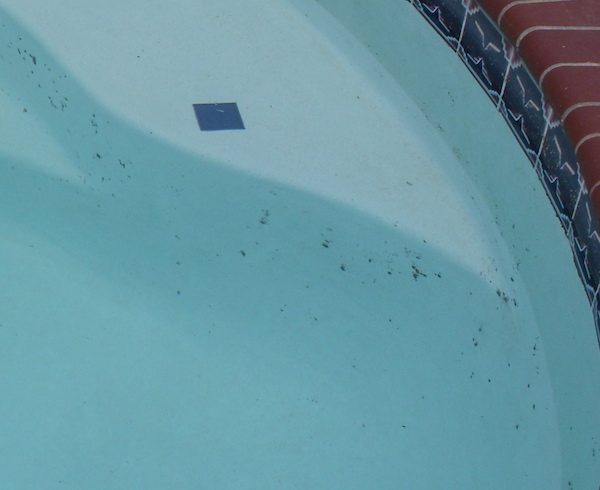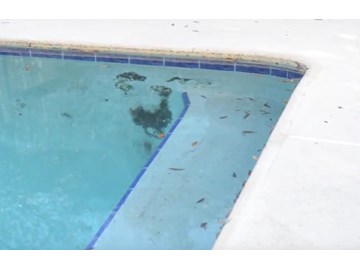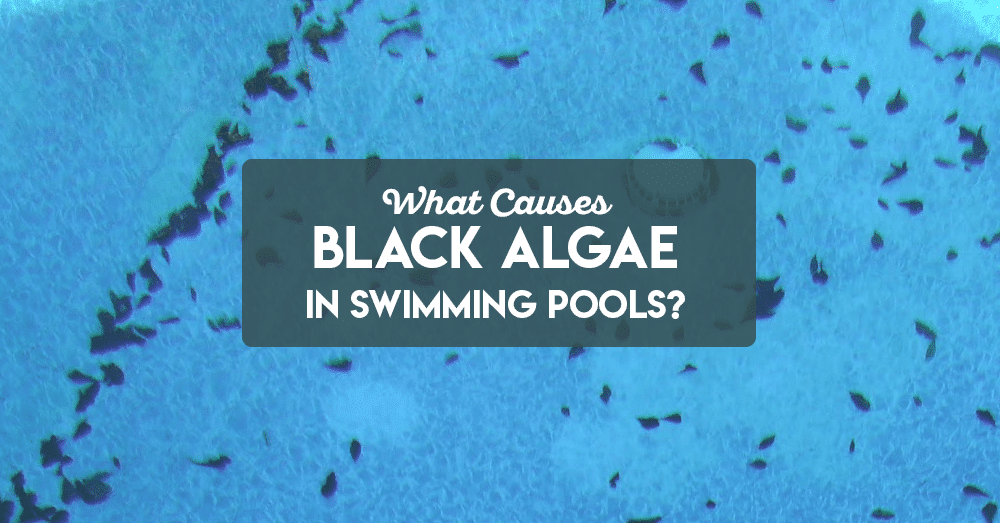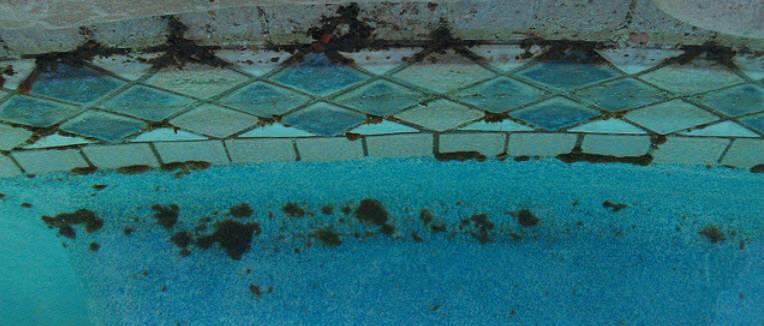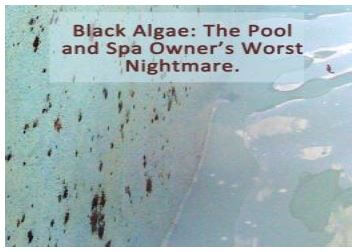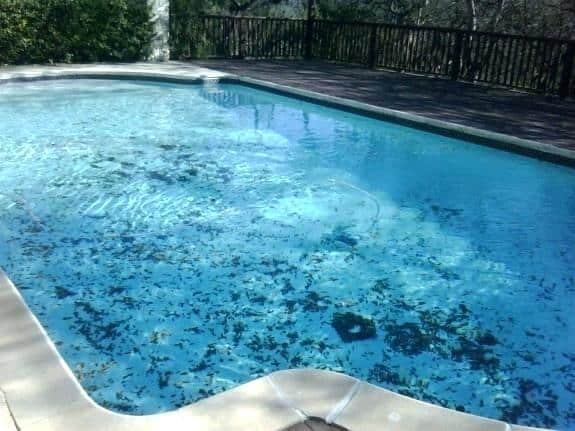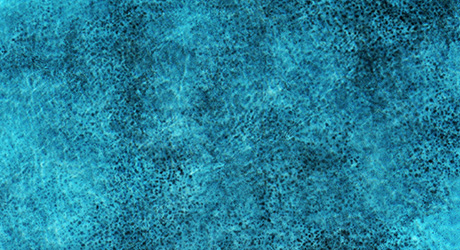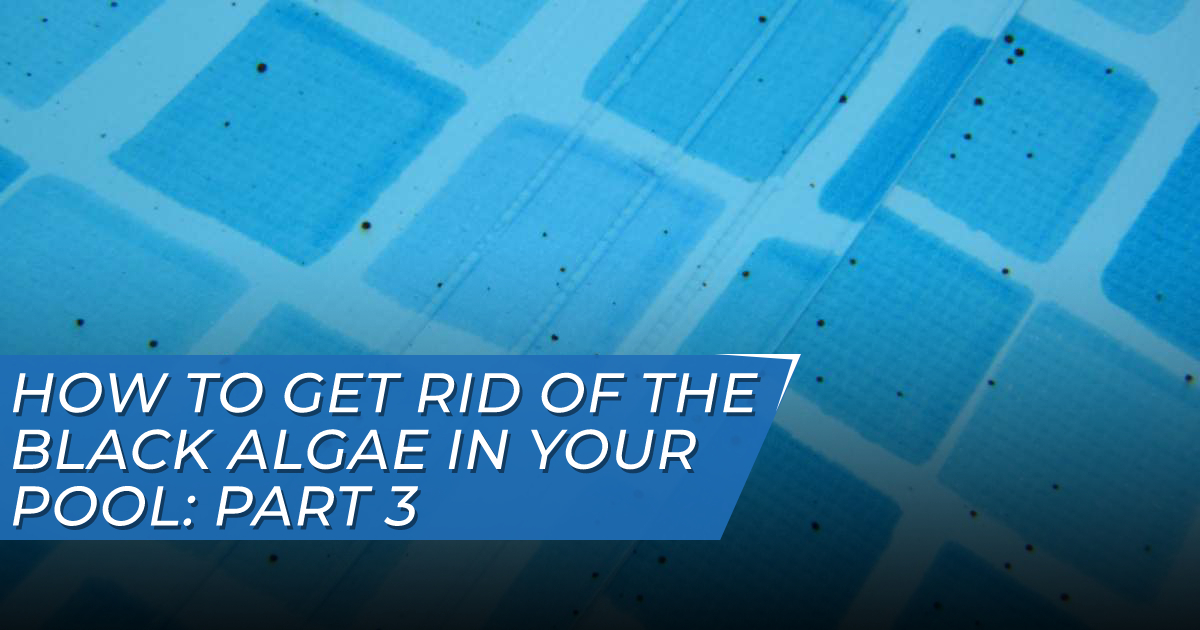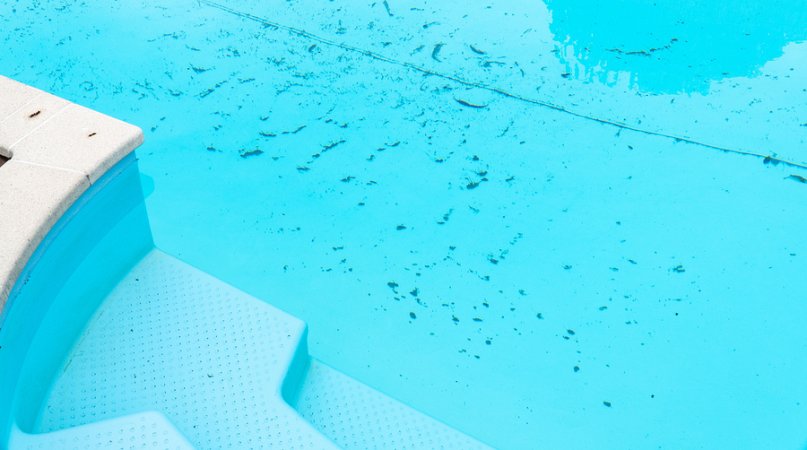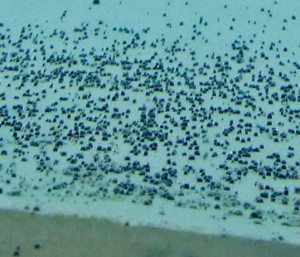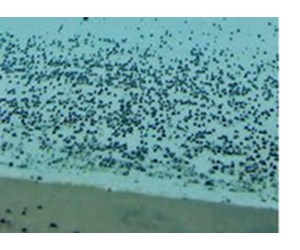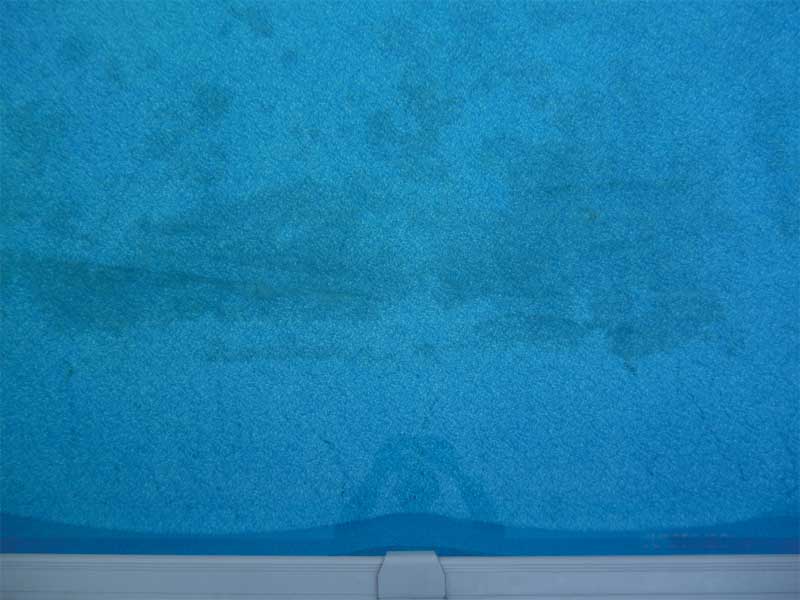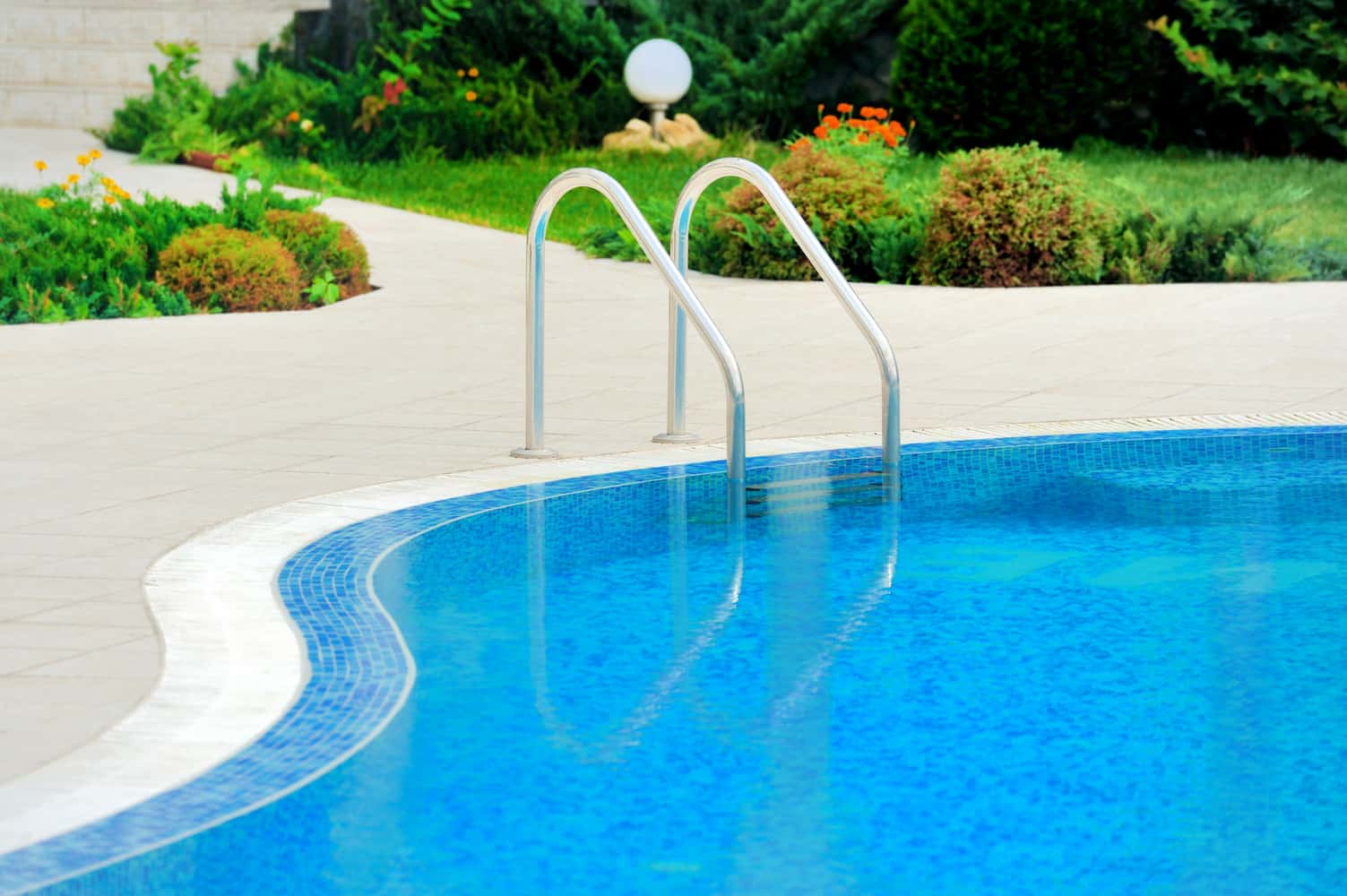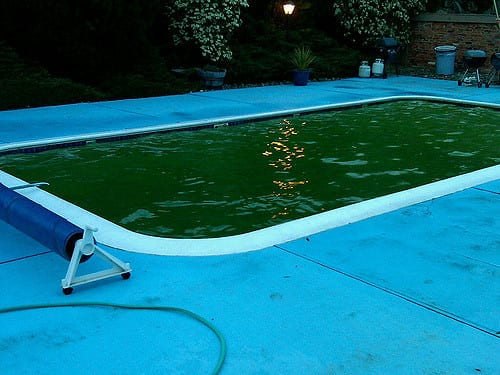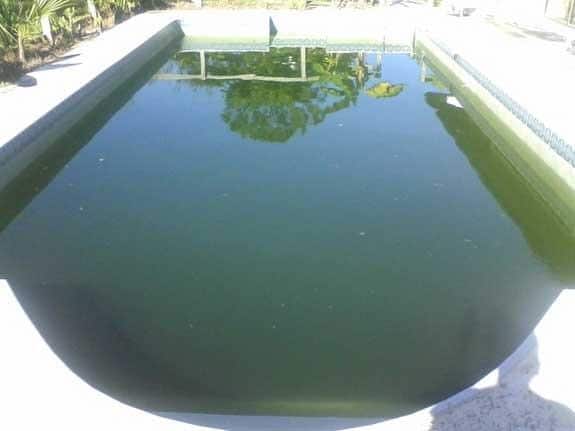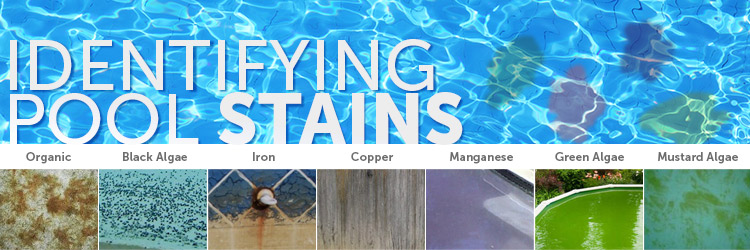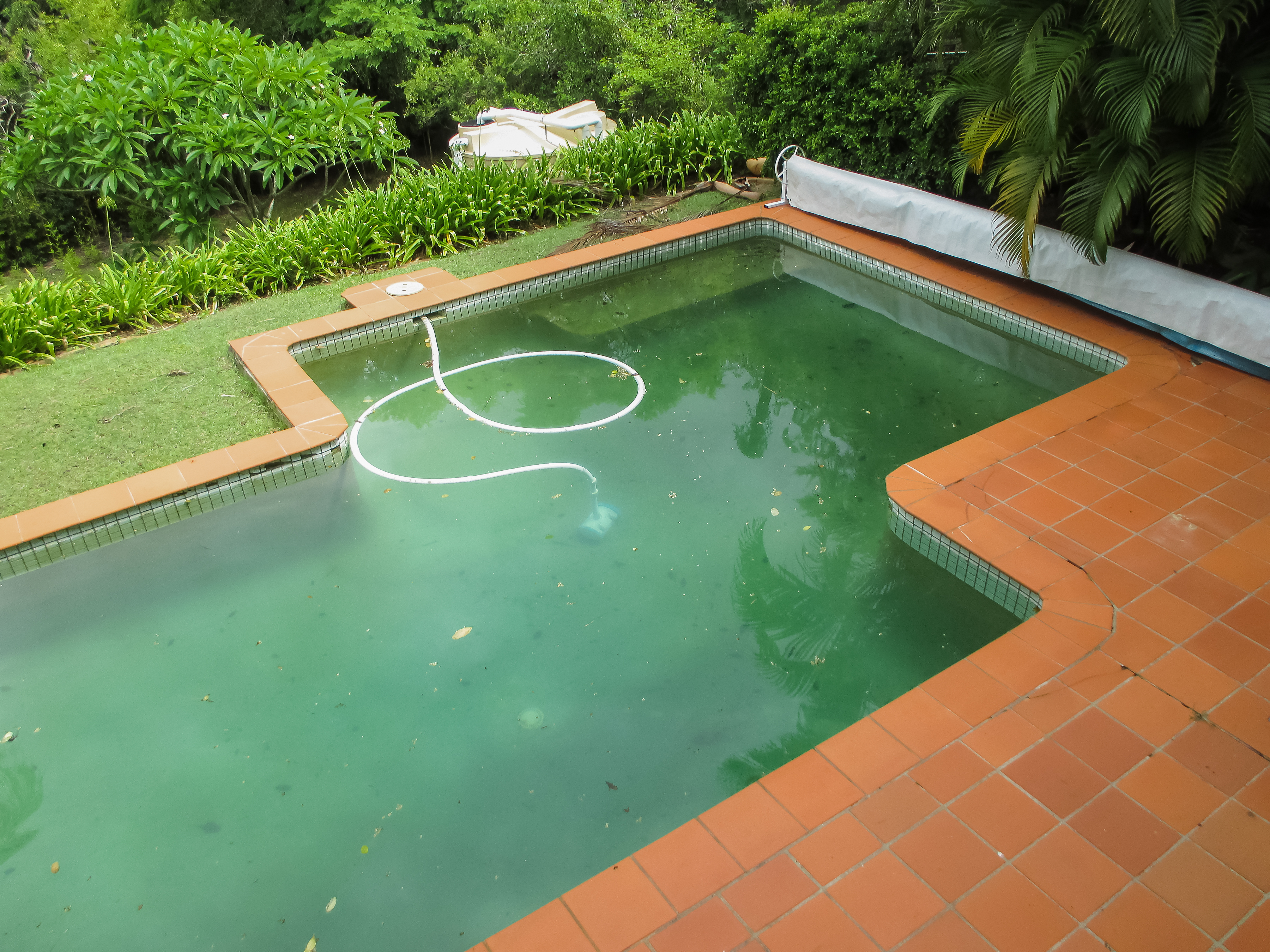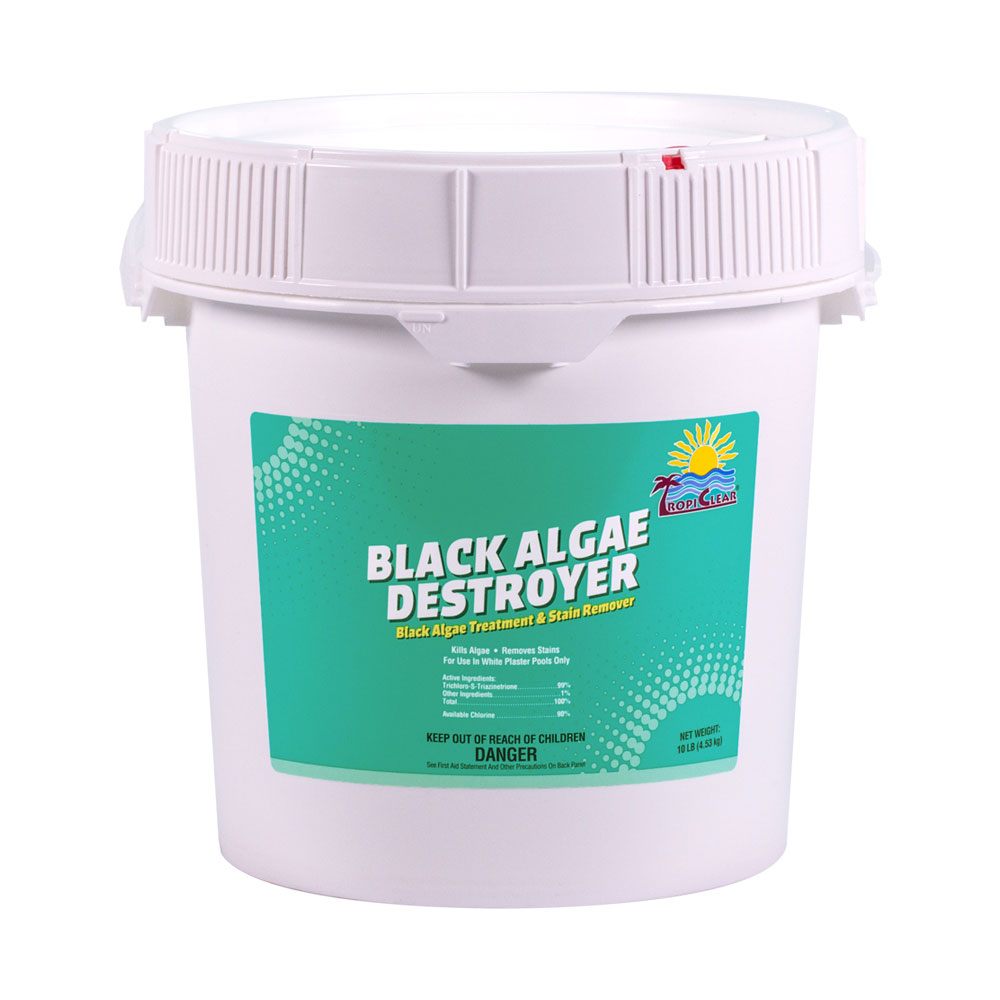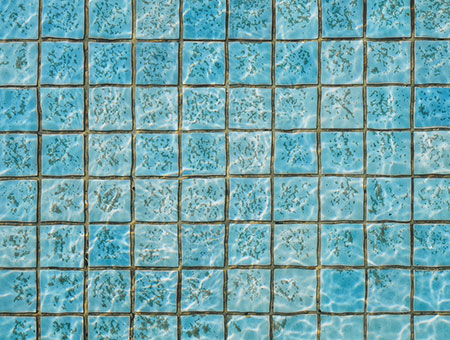Black Algae In Pool Cause

If the algae problem is extensive use a filter cleaner rather than just plain water.
Black algae in pool cause. Algas grow when several things have gone wrong in your pool in combination. Black algae are living growing organisms that unless taken care of quickly can overtake your pool and cause severe structural damage. What causes black algae in swimming pools. In addition swimmers will need to remain out of the water while the pool is being treated.
Black algae grows in localized areas such as along one wall in the deep end in a corner or around obstacles such as steps indicates an area of poor circulation and poor sanitization. If you ve ever had to get rid your pool of algae you know how frustrating the removal process can be. Coli which can make swimmers quite ill. What actually causes black algae to surface.
Heavy doses of chemicals such as pool shock and algaecide must circulate for several hours prior to the water chemistry reaching safe levels. If there s only a small amount of black algae in the pool you can probably get away with backwashing your pool filter for sand or de filters or rinsing the filter cartridge. And it s hard to get rid of because its roots grow into cracks in the cement and don t like to let go. The protective layer that forms on black algae makes the algae otherwise impervious to regular sanitizers so you must brush the algae to break through this layer so that chlorine and algaecides can kill the organism.
It usually appears on the pool surface as isolated black spots dark circular patterns or blotchy black patches. Black algae is particularly stubborn due to its protective coatings and though while not harmful is quite unsightly. Black algae has a tendency to latch onto the sides of your pool as well so scrubbing the algae away is an effective removal method. Black algae may harbor organisms such as e.
If you have black algae in your pool you have black algae in your filter. A few samples are shown below. It is virtually impossible in vinyl or fiberglass pools due to the smooth surface that prevent the roots from embedding themselves. Black algae is the common name or term given to the dark blue green algae found growing on pool surfaces.
It s an example of a cyanobacterium. It s related to spirulina another type of blue green algae and to red algae which also grows in swimming pools. It is also imperative that you scrub any tile that your pool might have because algae spores can hide in the grout of the tile as well as on the tile itself. From bathing suits to furry canine friends transferring the algae is easier than you realise.
If you ve recently swam in a lake or ocean or any other natural body of water then you re at risk of brining black algae into a swimming pool. None are true algae but classes of bacteria that manufacture their own food by photosynthesis.
